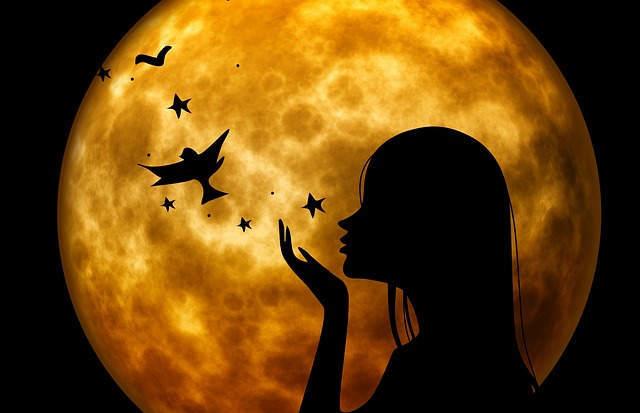I've just finished the fourth installment of Patricia Briggs' Alpha and Omega series, Dead Heat. I actually like this series even better than her Mercy Thompson series, which I like a whole lot. And it's kind of fun that my sister-in-law lives in the area the Mercy books are located. But that's not the topic at hand. I'm sure you are surprised. Today, I want to talk about the monster within. In the story, Anna, a woman who is transformed into a werewolf forcibly and then horribly abused, works to hide her monster--not the werewolf she now becomes during the full moon, but the one borne of her abuse that dwells secretly inside her. She doesn't let this monster out, and she hides it even from her beloved husband, who is also a werewolf, and the one who saved her from her tormenter. Anna is convinced that if her husband, Charles, "truly understood that she had this twisted and broken part, maybe he could not love her." I don't know about you, but, wow, could I relate. Actually, I'm lying, I believe I do know about you; I believe that each of us has something within us, maybe buried very deeply, that we fear if people knew about, they wouldn't love us. Maybe we don't consider our inner ugliness to be a full-fledged monster, but then, again, maybe we do. But I think all of us have a part or parts that we are convinced make us unlovable if someone really knew the depth and breath of what was in there. I think we are all mistaken. We are lovable in our entirety.
I know that when the right (or wrong, depending on one's perspective) buttons get pushed, I unleash my inner Hulk, and rip the seams of my outward civility to bellow like a banshee and get so far up in someone's face that we're sharing the same air space-as in breathing each other's breaths. Not a beautiful site unless I’m swapping spit with my hubby. I've been told that no one wants to see that side of me very often.
And even if I'm working hard to ensure my inner Buddha is overwhelming my inner bitch, the knowledge that she exists colors the way I think about myself and how I present myself to the world. I really don't want people to see that part of me. I don't want anyone to know that I sometimes invoke my inner demons not to exorcise them, but just to snuggle (thank you Darynda Jones). Sometimes, I'm not very nice. Even if it's only inside my own head. Especially when it's just in my head. God forbid anyone else had to listen to that running commentary. No one would ever speak to me again. They'd know, without a shred of doubt, that I am truly certifiable.
And there's the rub. We want to be known, we crave being seen for who we are--in our entirety and not just the pretty parts, but at the same time, its scares the pants off of us. I've written about this before here, but this comment by Anna is a bit different. We all have warts. The question of the day is whether we all have Dr. Jekyl's alter ego renting space in our heads? Maybe not. Maybe it's just me. Maybe it is a matter of degree, not kind. But if this is so, and we are all similarly afflicted, why do we go to such lengths to hide the parts we seem unworthy of public scrutiny? Why are we so convinced that we are unlovable in all our aspects? Can't our monsters all just get along? Can they not be taught to play well with others? Can they at least be acknowledged and taken out occasionally to breathe fresh air and feel the sun on their faces? Must they be hidden away like yesterday's underwear left on the floor and hastily shoved under the bed when someone comes in the room? If we're all in the same boat, can't we all row together?
Apparently not. Or at least not that I've seen. For me, way back when, I was all about showing my prospective husband the monster within. I wanted him to understand that I was damaged goods in so many ways when he found me and started to love me. I was determined to be clear about what he was getting himself into so that I didn't have to worry, as I had in previous relationships, that he would uncover my secret self and fall out of love. And the thing I love maybe best of all about him is that he is well aware that there's a whole lot of coyote ugly inside me that is part of the deal. He understands that he signed up for the whole package and that I'm not a cafeteria, where he can take what he likes and leave the rest. Thank God. Not sure where I'd be without that. Probably as worried as Anna is in Dead Heat that her monster, the broken, twisted parts, will be exposed and will cost her the love of her husband.
We need to be friends with the monsters under our beds and get along with the voices inside of our heads, just like Marshall Mathers tells us to do. Monsters need love too.











